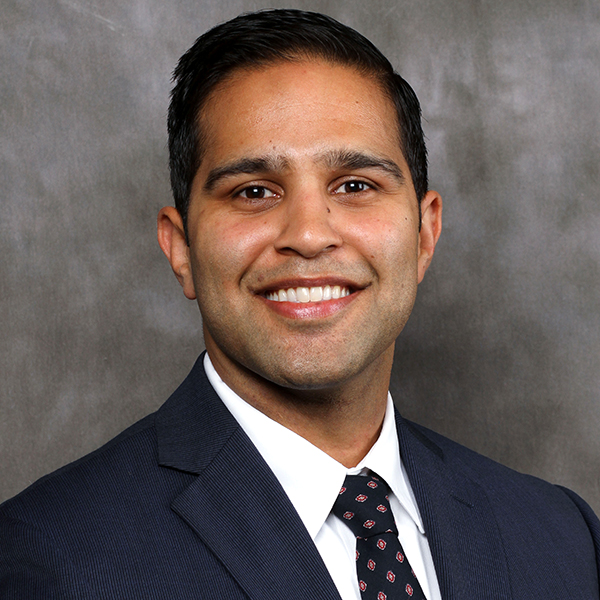HF Fellowship and the Job Search

The process of seeking out your first job after seven years of post-graduate training is not nearly as straightforward as other career decisions up until this point. Unlike matching into training programs, the job search does not seal your fate with a nonnegotiable email directing you where to train.
The selection of the best fit job is more about the interview "with yourself" than others. Determining your values and priorities for your first position out of training is the most critical aspect of securing a position that aligns with your early career goals – how to determine these may not be as easy as it seems.
Below are five repeated pieces of advice I have learned along the way.
Your network is your net worth.
The heart failure community is small. Between your faculty mentors, sponsors, friends and colleagues at other institutions, you will learn about the opportunities that exist in the regions of interest.
Additionally, societies such as the International Society for Heart and Lung Transplantation have online job boards which many use to gain exposure to posted jobs.
The "best" opportunities are often spread through word of mouth. Inform those you trust what you are seeking and hopefully they can assist in guiding you towards a position that is truly a good fit.
Do not chase money for a poor opportunity.
Early career success primarily rests upon mentorship, opportunity within institutions and your team. There is a spectrum of jobs (academic, community and private) that offer a broad range of salary with varying reimbursement models. Jobs in "heart failure" can vary significantly in terms of job duties.
Do you want to work at a transplant/VAD center?
What cities would you consider living in?
While being properly reimbursed is important, determining what you value early in your career should not be lost for a high-paying opportunity that leaves you disappointed professionally.
Opportunities within the work environment can range from working at a high-volume transplant center, having protected time for nonclinical work or the ability to do certain procedures. Speaking with junior faculty is especially important, as they can help you preview what your early career may look like.
Learn where and what you can negotiate for.
Negotiations early out of fellowship can be limited. Items including signing bonuses, relocation fees and salary are all possible points of negotiation. I encourage Fellows in Training to read at least one book on negotiation (Bargaining for Advantage was recommended to me).
The job timelines tend to function on a "rolling basis." Thus, open communication about other opportunities you are considering can be helpful to ensure you have offers that line up near the same time for negotiation purposes.
Lastly, having an experienced physician-colleague or possibly an attorney review a draft of an offer letter can provide meaningful insight.
"Lean in" to mentorship.

In the process of securing an attending position, you may realize that it can be more stressful than previous "rank lists" you have created for training positions. There is likely no longer a "top" program. Learning what is the best fit for you and your family's situation can be a process.
Reach out to faculty you trust to have conversations about what you want to accomplish in your early career. The experience of those you trust is powerful, as they have gone through these decisions before and are often also debating their own "next step."
Be honest, kind and grateful.
Be honest with yourself and all those you engage with. This is not a time to be labelled as disingenuous. Do not pit opportunities against each other, and be upfront with things you value in your potential first job.
Be kind to all those who share their time and experience with you and be grateful to be considered for employment in a highly competitive environment. At the end of the day, we are being paid generously for an amazing opportunity to provide care for patients with heart failure. Do not lose sight of that.


